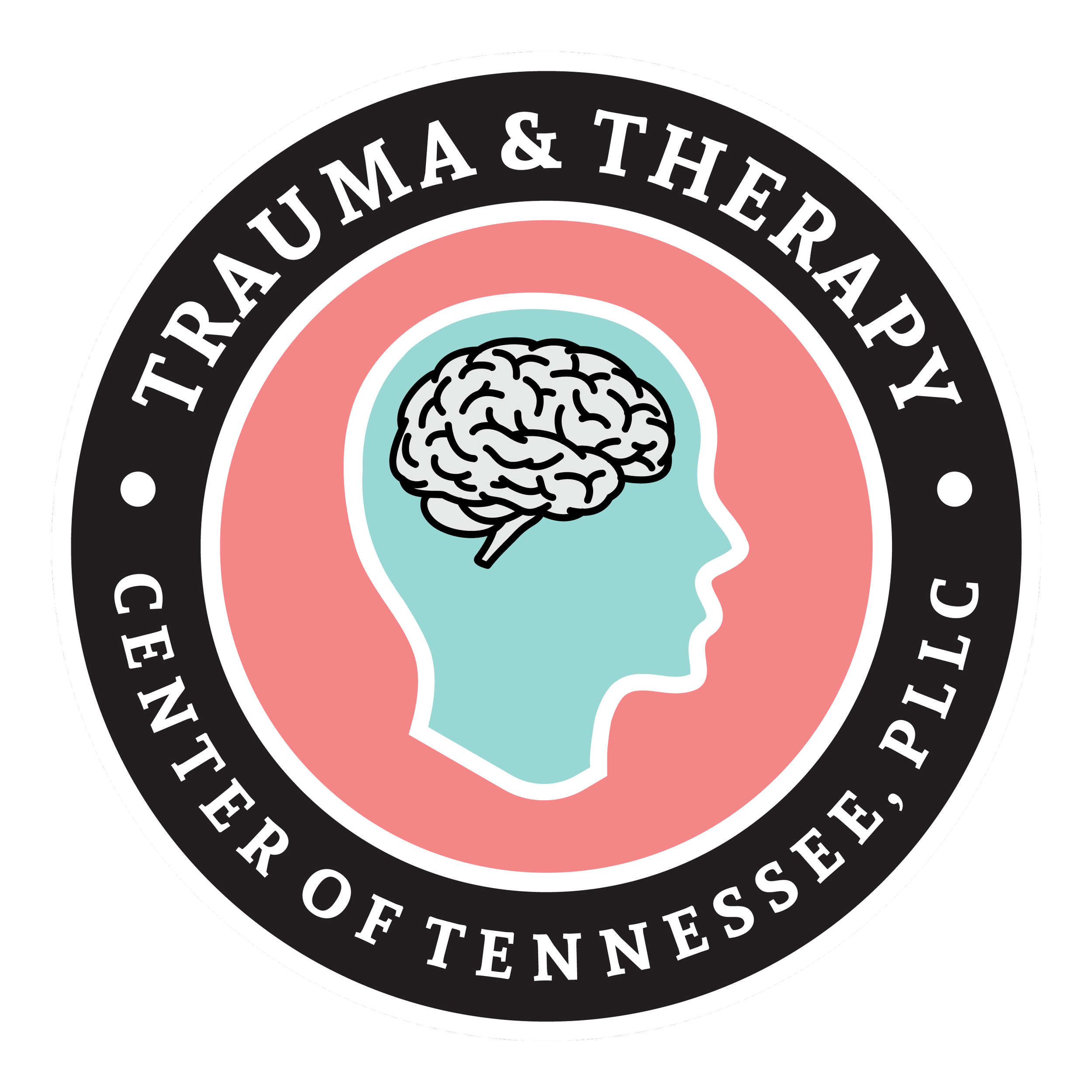When the Headlines Hurt: Navigating Tragedy, Trauma Exposure, and Compassion Fatigue
What the Loss of Charlie Kirk Reveals About the Emotional Cost of Overexposure and How to Start Healing
There are moments when the news isn’t just news, it’s a literal gut punch. The kind that leaves you feeling heavy, short of breath, light-headed, and frozen. For some, that gut punch is followed by an internal fire. The kind that leaves you feeling the need to fight and wage war.
The recent, tragic loss of Charlie Kirk has sent shockwaves through communities, across political lines, and into the hearts of countless people, whether they agreed with him or not.
No matter where you stand ideologically, there’s a shared truth we can all feel right now: we’re saturated. With grief. With outrage. With opinions. With trauma.
And it’s taking a toll. Everywhere.
The Hidden Cost of Constant Exposure
For those in industries like journalism, education, healthcare, HR, first responders, military, law enforcement, and government service—the news isn’t something you scroll past. It’s something you often carry.
Every headline, image, and breaking alert can quietly become another trauma exposure. Over time, it adds up:
Emotional numbing
Hypervigilance
Anxiety
Exhaustion
Irritability
Loss of meaning or hope
This isn’t weakness. It’s compassion fatigue, secondary trauma, and nervous system overload. It’s what happens when humans are expected to process more than they’re wired to hold, and without proper support and recalibration. That felt sense of pain is data.
You Are Not Broken. Your Nervous System Is Overwhelmed.
What you’re feeling makes sense.
What you’re feeling has a name.
And you don’t have to carry it alone.
At the Trauma and Therapy Center of Tennessee, we support people across professions who are tired of being the strong one. The regulated one. The voice of reason in systems that aren’t always built for human wellbeing.
Whether you're in Clarksville, Nashville, or anywhere in Tennessee, Kentucky, or Georgia, we want you to know:
You're not too sensitive. You're appropriately impacted.
Your empathy isn’t the problem—your nervous system needs relief.
The Value of Real Trauma-Informed Support by a Trauma-Competent Team that Cares.
What Healing Can Look Like (Even If You’ve Tried Everything Before)
What You Actually Want to Feel Again
Sleep without racing thoughts
Show up for your people without shutting down
Feel steady… even when the world feels chaotic
Reconnect with your purpose, not just pain
How We Make Relief Feel Possible
Evidence-based trauma care that works with your brain and body
Modalities like LENS Neurofeedback, Brainspotting, EMDR, and ART
A collaborative team that deeply understands burnout, systemic stress, and chronic overwhelm
No pressure, no “fixing”... just real care, tailored to you
Why You Don’t Have to Wait Months to Start Feeling Better
No long waitlists
Free, confidential 15-minute consult within days
You’ll leave your first session with a plan—not just a diagnosis
You Don’t Have to Do More to Start Healing
You won’t have to explain everything
You won’t have to relive your worst moments
We don’t require insurance or benefits checks
Just one simple call—and we’ll take it from there
Immediate Ways to Support Your Nervous System Today
Here are 3–5 practical tools you can use right now to create a sense of safety in your body and brain:
1. Media Boundary Reset
Turn off auto-play, mute certain notifications, and schedule a “check-in window” once per day. Your nervous system wasn't built for 24/7 crisis.
2. Vagus Nerve Activation
Try humming, gargling, or deep slow exhales. These actions stimulate the vagus nerve, helping your body exit fight-or-flight mode.
3. Cold Water Reset
Splash cold water on your face or hold an ice pack to your chest for 30 seconds. It signals your brain to calm the stress response.
4. 5-4-3-2-1 Grounding Technique
Name 5 things you see, 4 you can touch, 3 you hear, 2 you smell, and 1 you taste. It brings you back into the present moment.
5. Reach Out for Regulated Support
Not everyone is safe to process trauma with. Make space to connect with someone trauma-informed—someone trained to help your system settle.
You Are the Hero. We’re Just the Guide.
You’ve carried a lot. Maybe too much for too long.
But this doesn’t have to be your breaking point.
It can be your turning point.
At Trauma and Therapy Center of Tennessee, we believe that healing isn’t a luxury—it’s a responsibility. To yourself. To the people who count on you. To the version of you that’s been waiting for peace.
Book a free, confidential 15-minute consultation with a trauma therapist today.
No commitment. Just care.
We’re here when you're ready.
